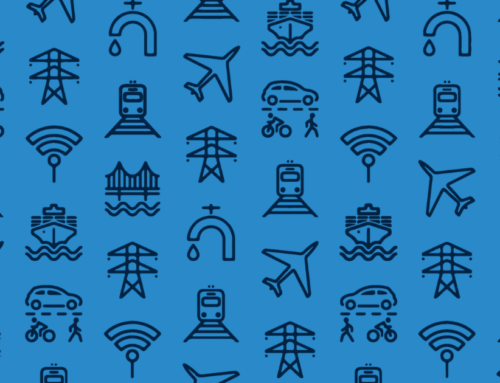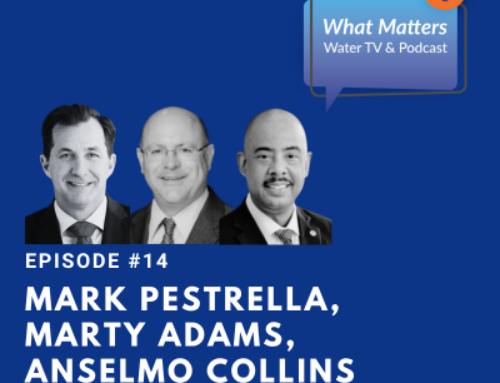House Speaker Nancy Pelosi announced that the House will come back August 23 in order to pass the $3.5 trillion budget resolution, which will include human infrastructure and address climate change. She also requested that the Rules Committee determine how to advance both the budget resolution and the bipartisan Infrastructure Investment and Jobs Act together. These actions codify what is being referred to as the dual track strategy, in which the fate of the bills is contingent on each other’s passage.
Once the budget resolution is passed, both the House and Senate will have until September 15 to draft the legislative text for the reconciliation bill. What this means is that neither bill will be sent to the President for at least a month. However, the reconciliation bill provides LA County with the time and opportunity to advocate for additional infrastructure funding. For your information, below is some information to help you better understand the process.
What is reconciliation?
Reconciliation is a Congressional process that allows for changes to existing law be made more quickly and with less votes than required for regular legislation (simple majority rather than 60 votes).
As part of the dual track strategy, Democrats in Congress intend to pass a $3.5 trillion budget reconciliation bill to make changes to health care, social and climate policy.
For a full breakdown of the process and its history, please read the fact sheet recently released by House Committee on the Budget Chairman John Yarmuth.
Why is September 15 important?
The budget resolution the Senate passed gave committees until September 15 to draft what will be included in their pieces of the package that will then be incorporated into the larger bill.



